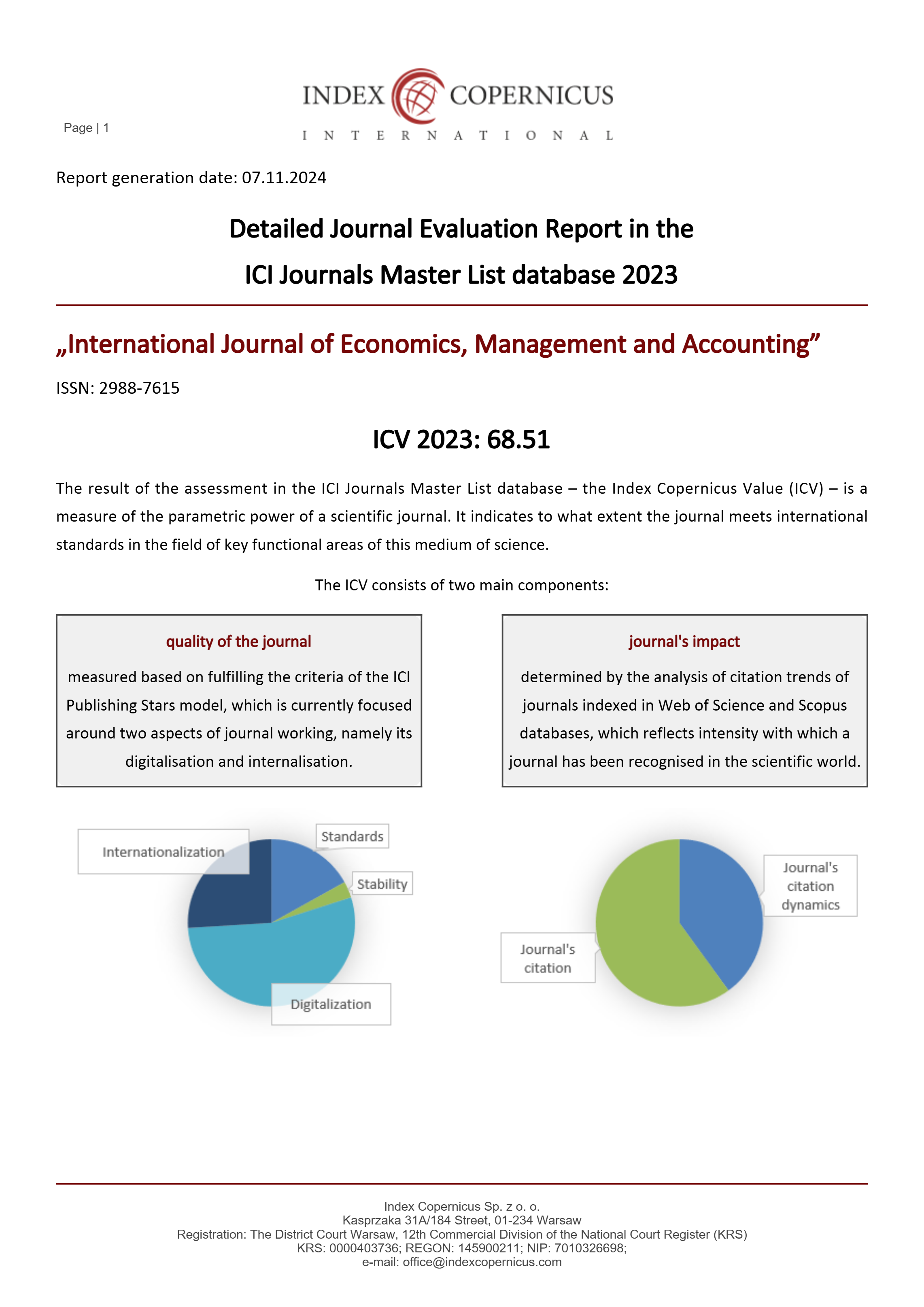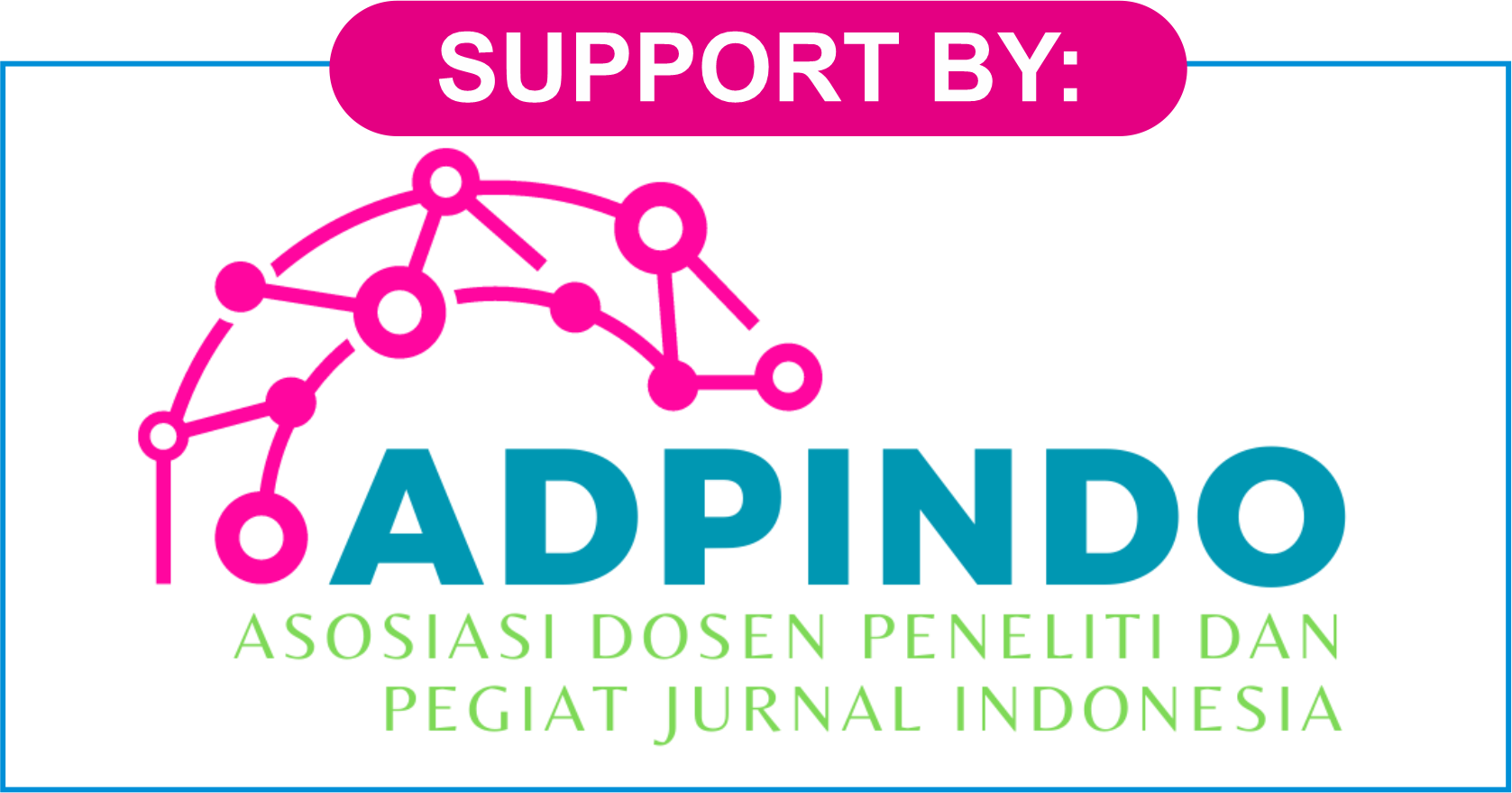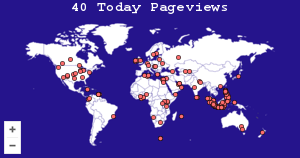The Influence of Leadership Style on Work Performance with Motivation as an Intervening Variable in BPJS Medan City Branch and North Medan Branch
DOI:
https://doi.org/10.47353/ijema.v2i2.175Keywords:
Leadership Style, Work Motivation, Work PerformanceAbstract
Today, human resources are more important to the success of an organization than ever before. Many companies understand that having human capital can give them a competitive advantage. The phenomenon that occurs in the Medan City Branch of the Medan City Branch and the North Medan Branch is that the leader's way of managing is unsuitable with a leadership style that is not compatible with other employees so that the employee does not respect the leader, by leading employees by indifferently paying attention to his employees. Lack of achievement from employees is due to a lack of motivation given to employees so that employees only do their work without creating new innovations and good creativity, employees also do not want to give their all because they are afraid of being taken advantage of and not given more intensity. This often happens in where employees have more abilities will be utilized by the organization without any incentives and bonuses are given to someone who has more abilities, especially those who have good achievements in the company. The results of this research are as follows: Leadership Style has a positive and significant effect on Work Motivation with an original sample value of 0.766 and ap value of 0.000 <0.05. Leadership style has a positive and significant effect on work performance with an original sample value of 0.355 and ap value of 0.024 <0.05. Work Motivation has a positive and significant effect on Work Performance with an original sample value of 0.572 and ap value of 0.001 <0.05. Leadership style has a positive and significant indirect effect on work performance through work motivation with a value of 0.438 and a value of 0.000 <0.05.
Downloads
References
Anwar, Sanusi. (2013). Metodologi Penelitian Bisnis. Jakarta: Salemba Empat.
Basrowi, & Suwandi. (2008). Memahami Penelitian Kualitatif. Jakarta: Rineka Cipta.
Bungin, Burhan. (2011). Metodologi Penelitian Kuantitatif. Jakarta: Kencana.
Creswell, John W. (2014). Research Design: Qualitative, Quantitative, and Mixed Methods Approaches. 4th Edition. California: SAGE Publications, Inc.
Ghozali, Imam, Hengky Latan. (2015). Konsep, Teknik, Aplikasi Menggunakan Smart PLS 3.0 Untuk Penelitian Empiris. BP Undip. Semarang.
Ghozali. (2016). Structural Equation Modeling Metode Alternatif dengan Partial Least Square (PLS). Semarang: Universitas Diponegoro.
Hasibuan, Malayu SP. (2015). Manajemen Dasar, Pengertian dan Masalah, Edisi Revisi, Bumi Aksara: Jakarta.
Hasibuan, Malayu SP. (2016). Manajemen Sumber Daya Manusia. Edisi Revisi. Jakarta: Penerbit PT Bumi Aksara.
Husain, Ananda Sabil. (2015). Penelitian Bisnis dan Manajemen Menggunakan Partial Least Squares (PLS) dengan Smart PLS 3.0, Modul Pengajaran untuk Departemen Manajemen, Fakultas Ekonomi dan Bisnis, Universitas Brawijaya.
Moleong, Lexy J. (2014). Metodologi Penelitian Kualitatif. Bandung: Remaja Rosdakarya.
Noe, Raymond A., et al. (2017). Manajemen Sumber Daya Manusia: Mencapai Keunggulan Bersaing. Edisi 6. Jakarta: Salemba Empat.
Rivai, Veithzal. (2018). Manajemen Sumber Daya Manusia untuk Perusahaan dari Teori ke Praktik. Cetakan Pertama. Jakarta: Murai Kencana.
Robin, & Judge. (2015). Perilaku Organisasi Edisi 16. Jakarta: Salemba Empat.
Riduwan. (2015). Dasar-dasar Statistika. Bandung: Alfabeta.
Sugiyono. (2018). Statistika untuk Penelitian. Bandung: Alfabeta.
Suyanto, M. (2007). Perilaku Konsumen. Yogyakarta: Graha Ilmu.
Sugiyono. (2019). Metode Penelitian Kuantitatif, Kualitatif, dan R&D. Bandung: Alfabeta.
Sutrisno, Edy. (2015). Manajemen Sumber Daya Manusia (Cetakan ketujuh). Jakarta: Kencana Prenada Media Group.
Sutrisno, Edy. (2016). Manajemen Sumber Daya Manusia. Cetakan Kedelapan. Jakarta: Prenadamedia Group.
Umar, Husein. (2010). Metode Penelitian untuk Skripsi dan Tesis Bisnis. Jakarta: Rajawali Pers.
Wijana, I Dewa Putu. (2007). "Bias Gender dalam Bahasa Majalah Rema". Tesis, Fakultas Ilmu Budaya. Yogyakarta: Universitas Gadjah Mada.
Downloads
Published
How to Cite
Issue
Section
License
Copyright (c) 2024 Dinarta Tarigan, Kiki Farida Ferine

This work is licensed under a Creative Commons Attribution 4.0 International License.











